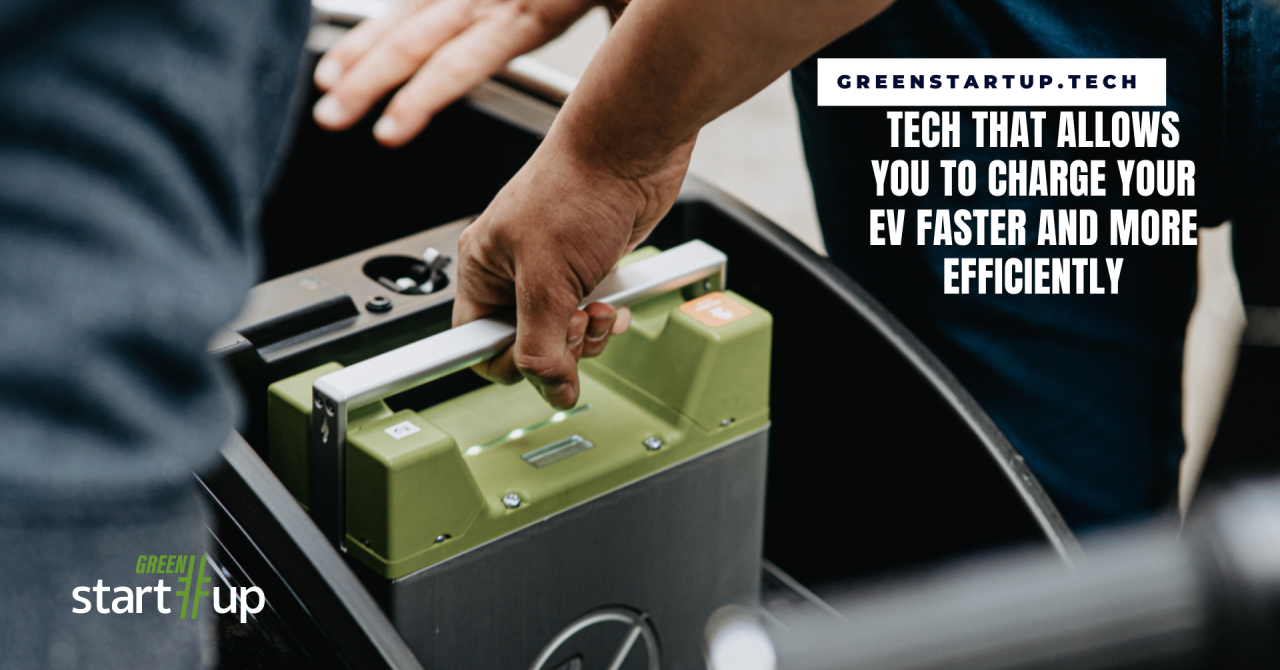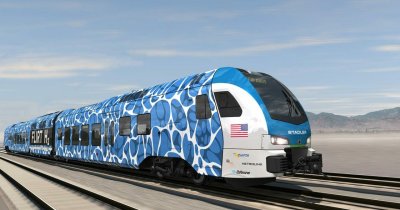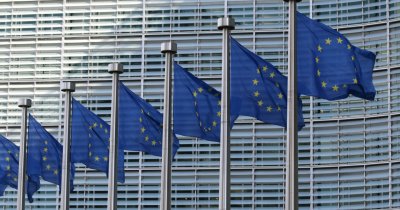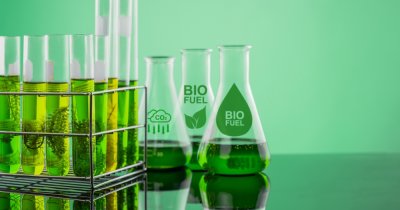This is especially important for EV manufacturers and drivers, since it can make owning such a vehicle in the long run more bearable.
Batteries age in a few ways, some of them being exposure to heat and the accumulation of charging cycles.
Charging any lithium-ion battery can accelerate the degradation of the cells, since this process generates heat. Also, the faster the charging, the more heat is usually generated.
Iontra's senior management team is specialized in working with technologies for energy storage solutions, EVs, lithium-ion batteries, software-as-a-service and semi-condutor platforms.

Daniel Higgs, Director of Revenue at Iontra, told us that one of the company's co-founders and Chief Science Officer, Daniel Konopka, was "specialized in the development of materials for fuel cells, batteries, and solar energy devices for projects with NASA and the U.S. Department of Energy, among others."
A decade of work in improving lithium-ion batteries
The team behind Iontra started working on a different kind of project back in 2013, focusing on how to apply coatings to irregular surfaces and also how to weld materials without using heat or pressure.
This way, using high concentrations of particles, they were able to develop a stronger welding process compared to others.
This is what got them to work on improving batteries, as Daniel Higgs told us that "with our collective backgrounds in EVs and energy storage, we decided to focus the application of this technology on making batteries better, given the great environmental impact we could have coupled with the extreme growth in the battery and electrification markets."
While other companies have focused on developing new battery compositions for their cells, Iontra is making use of what's available in current technologies, such as lithium-ion batteries and future-state next gen batteries by adjusting the way these are being charged.
The technologies developed by the American company are being used in multiple industries that rely on batteries, not just EVs.

This means that consumer electronics, small and large electric mobility solutions and even energy storage specialists can benefit from using Iontra's technologies, according to Daniel Higgs.
Improving charging speed while maintaining battery health
He added that "EVs are certainly a point of interest because they represent one of the biggest market opportunities for Iontra. Additionally, we’re mission-oriented to make a positive impact on the climate, and we feel that adoption of electric vehicles plays an integral role for the world’s net zero goals."
Since the limitations of current-generation EVs are mostly range, charging speed and safety concern, the team behind Iontra decided to to improve all of these things using its technologies.
Thus, the engineers were able to preserve higher range after one or two years of battery usage, increase the charging speed of any battery without risking to damage it and even improve safety, by allowing a wider, but still safe, operating temperature and voltage range.

Daniel explained that "we preserve the original structure of the anode very close to its “pristine – out-of-the-box” condition", meaning that this further contributes to keeping the battery cells healthy, while improving their performance.
"This leads to a healthier battery that can deliver faster charging without impacting the cycle life… or even in most cases, we enable faster charging while also increasing the cycle life", the representative told us.
38 million USD to test EV-grade batteries
One of the biggest challenges when it comes to developing these battery-optimization technologies, as per Daniel, comes from testing their performance.
He explained that "we receive our customers’ batteries, charge and discharge them 1000-2000 times until they can only hold 80% of the original capacity."
"The main challenge we’re overcoming with the EV industry is building the hardware to support this extensive cycling activity. Due to their size, EV battery packs require a large platform for battery cycling which in turn requires higher voltage facilities and so on so forth."
To improve the testing sites, Iontra managed to recently close a 38 million dollars Series B funding round, led by Volta Energy Technologies.
This means that more EV makers will be able to use the company's services, as the testing platforms become larger and research centers improve even further.
In fact, all EV OEMs that are willing to get Iontra's solutions implemented onto their vehicles are going to be able to.
Daniel Higgs told us that "we’re in discussions with multiple EV companies at various stages of testing, implementation, and product commercialization. We expect to take our product to market with one or two EVs companies initially, then roll out across the whole industry."
So far, the battery-specialized company was able to raise 50 million dollars, which it used to develop its research and testing facilities and to support growth and scaling.
Performance backed by specialized laboratories
The company's custom algorithms allow for faster, but also more controlled charging, which Daniel explains allow for better uniformity across the surface of the electrodes.

"This is the key to enabling faster charger, longer life, and cold weather charging, as we are able to charge the battery with much more control and much less damage", we were told.
The Director of Revenue believes that through this practice, the company will be able to offer a more seamless experience for EV owners and for people using battery-powered devices in general.
At the same time, it will also allow them to contribute to a cleaner environment by prolonging the lifespan of lithium-ion batteries.
Iontra's technologies and their performance have been reviewed by third parties, as well, ensuring that the company's claims are accurate.
Thus, institutions such as Underwriters Laboratory (UL), the National Renewable Energy Laboratory (NREL), Novonix, and the University of Michigan have validated Iontra's advanced battery technologies, which should offer potential customers even more trust in the company's solutions.
A complementary solution for EV makers
As far as what it takes to implement these solutions, we were told that "Iontra’s technology is ultimately fairly straight forward to implement with the onboard charger in the vehicle, although it does require close collaboration with each EV OEM to tailor designs to their existing charging hardware and technology."
The company representative told us that, although the technologies are compatible with all fast-charging solutions on the market, some of them might be designed from the get-go to charge at a higher speed, but may have lower power.
"Next, there are technologies that exist, and are being further developed, that focus on the hardware required to deliver the high amount of electrical energy that is required for fast charging a car", Daniel explained.
Iontra's software solution is also compatible with battery management systems, which are looking into potential battery issues, such as overvoltage.
Overall, the American company's system is designed to be complementary and doesn't replace what the OEM might have already implemented on its vehicles.
Iontra's goals for the next years
Daniel shared with us that "our goals for the coming year or two are to continue to support our customers through their new product development and commercialization launch efforts."
Thanks to the recent investment, the company is growing fast and it recruits continuously to help develop and test the technologies, which means that in 2022, Iontra was able to double the number of employees.
Also, the American battery specialist recently signed a lease on a third testing facility in Denver, Colorado, which means that it is even more committed to bringing improved technologies to more of its customers.
 Mihai - Cristian Ioniță
Mihai - Cristian Ioniță












Any thoughts?